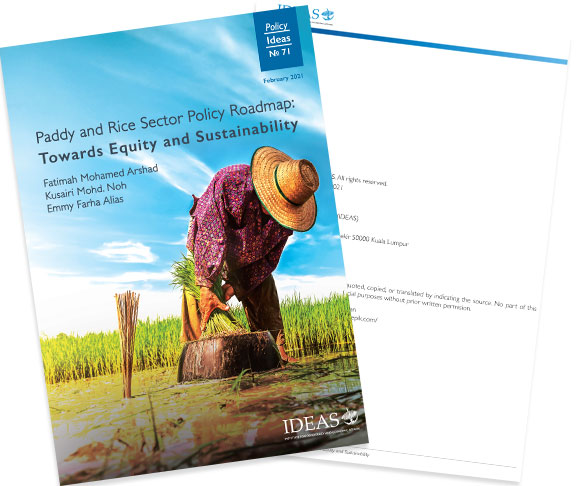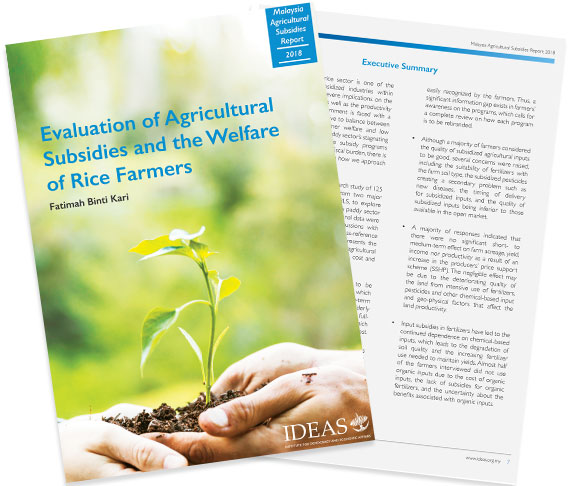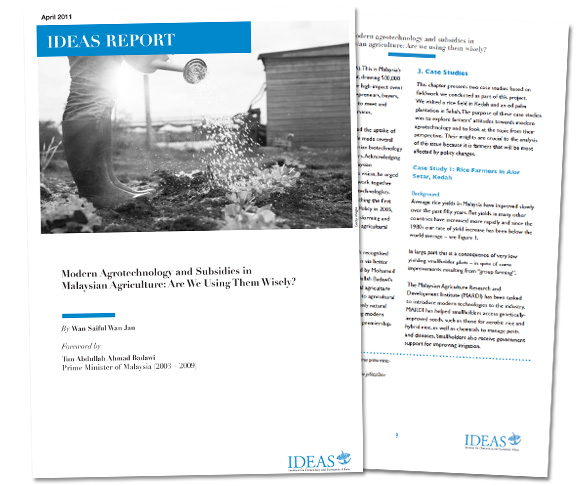
Effectiveness of State Trading Enterprises in Achieving Food Security
Case Studies from BERNAS in Malaysia and BULOG in Indonesia
Author: Fatimah Mohamed Arshad, Bustanul Arifin and Yeong Sheng Tey
Food security is related to how a society can control food accessibility, availability, utilization and stability (FAO, 2009). Many countries increasingly rely on food importation to supply their deficit in production to fulfil the growing domestic food demand, which is often implemented through State Trading Enterprises (STEs). Despite the prevalence of STEs in Southeast Asia, relatively little work has been devoted to try and identify the consequences of these centralised food trading entities in achieving food security objectives. Therefore, it is necessary to assess on a country case basis in order to understand the specific successes and failures of STEs in achieving food security.
As the staple food of most Southeast Asian peoples, rice is an especially important commodity in the region. In the process of transitioning from food self-sufficiency to food security, many of these countries have utilised STEs to conduct food trading as well as to achieve some agricultural policy objectives. The STEs in Malaysia and Indonesia, BERNAS and BULOG respectively, have been selected for analysis due to their similarity as being instrumental entities holding state-mandated monopoly power over the trade of the nation’s staple food.



